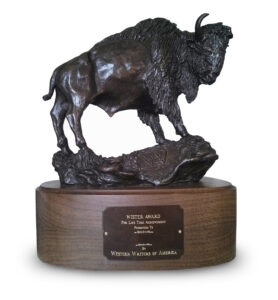In 1989, director Ed Zwick brought the story of the 54th Massachusetts to the nation’s attention. We haven’t gotten over it yet. Interview by Jay Werttz
Many say Glory is the best Civil War movie ever made. How do you react to that?
There’s only one measure of a movie. It’s not the opening weekend, it’s not the critics and it’s not the awards. It’s time. The notion that Glory has endured and found its place in curricula or in historians’ canons means the world to me.
What kind of working relationship did you have with Denzel Washington, Morgan Freeman and the other actors?
They were very generous to me. I was a young, white, liberal director presuming to make a movie about the African-American experience. They were exceedingly generous. They understood my intentions and they gave me everything.
What kind of working relationship did you have with Denzel Washington, Morgan Freeman and the other actors?
They were very generous to me. I was a young, white, liberal director presuming to make a movie about the African-American experience. They were exceedingly generous. They understood my intentions and they gave me everything.
They helped me with any number of aspects of things that they knew better than I, and yet were open to my ideas as well. I’m forever in their debt and remain close to all of them.
Few films about black history had been made before Glory. How did you know it was time to tell this story?
I don’t think it’s something you think about that way. The story appealed to me, and I was lucky enough do it.
I don’t think I did it to break a political barrier. I did it because I felt it needed to be told much the same way that I feel that my [2009] movie, Defiance, needs to be told. It was high time. There was something improper that it [Defiance] hadn’t been told, and the same was true for Glory.
What are the keys to executing effective cinematic battle scenes?.
I would say to understand that they’re scenes. They have beginnings, middles and ends. They have obstacles and objectives, and they’re about people.
They’re not about spectacle, they’re about furthering the story, and if they can be understood in that sense, then they will work in the context of a movie. If they just seem a digression, then they quickly get boring.
We now have the first African-American president in off. What do you think the role of black soldiers in the Civil War and their story as portrayed in Glory has done to impact history?
I would never dare to speculate. I do know that when I met President Obama he was more than familiar with the film.




